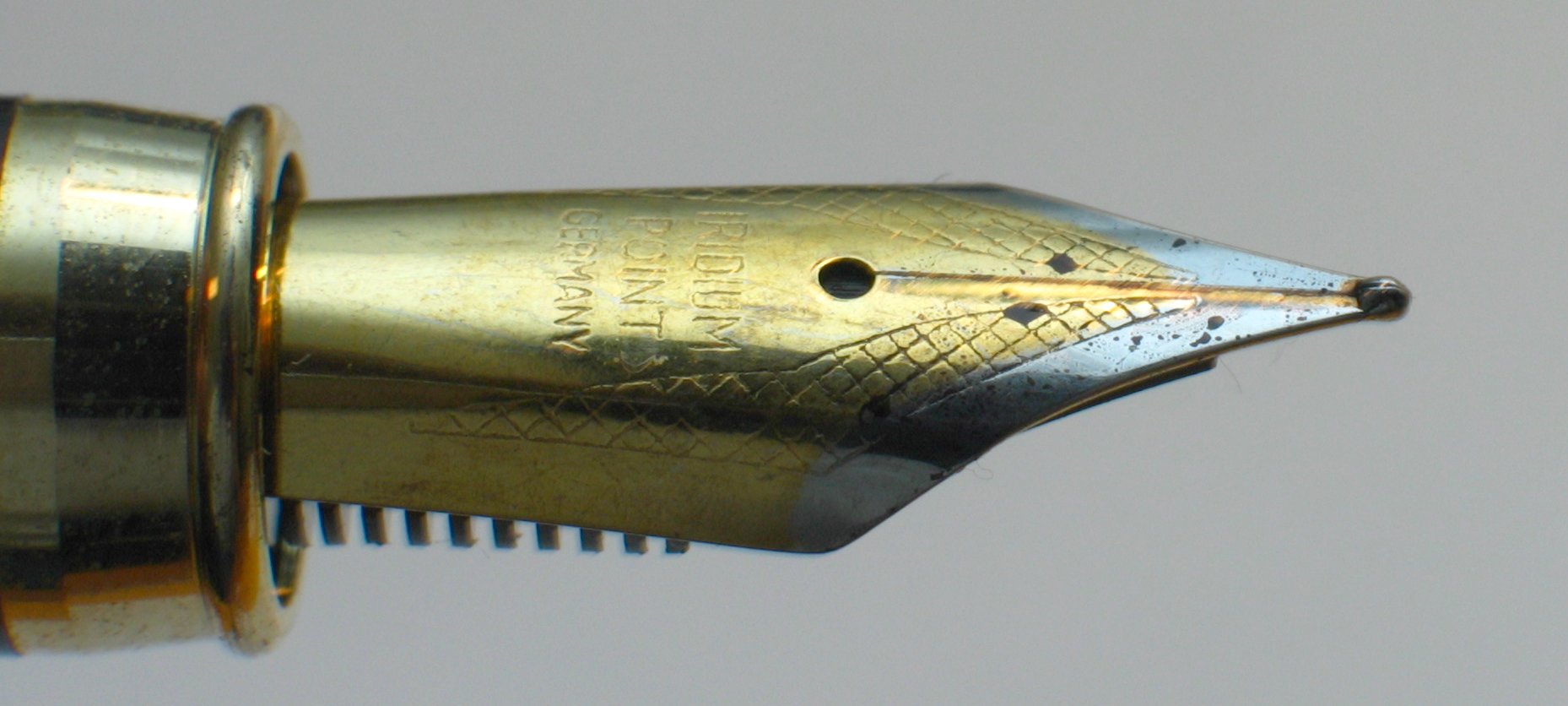
Here are some suggestions to help you develop your paper from initial concept to final product:
1. Before you start, write down a list of important points you would like to include in your paper. If you need help arriving at a workable topic, refer to the MU Library's Quick Guides. There is also advice here on doing research for your paper and citing sources.
2. Prepare an outline. It doesn't have to be detailed; just a general scheme of where you want to go with your project. Remember the three main elements: Beginning, Middle, and End.
3. The introductory paragraph is very important because it gives the reader a first impression of your project. It should include the topic of the paper, the elements or arguments you wish to explain, and a summary of your conclusion.
4. In the main body of your paper, explore the important points of your topic, using a different paragraph for each concept.
5. After you have explained your major points, tie them all together in a synthesis of what you have learned.
6. Remember your punctuation; avoid run-on sentences. If you are unsure of when to punctuate, consult a style guide. Then read the sentence out loud to see if it sounds right.
7. Write your conclusion. It should contain a summary of your main points, a brief synthesis of what it all means, and your conclusions. Remember that you are wrapping up what you have already explored; no new information should be presented here.
8. Ensure that your footnotes or endnotes are accurate and in proper form. They will be very important to your final grade, so pay close attention to whatever style manual you are using. The University of Wisconsin Writing Center has a helpful guide to using the Chicago/Turabian style, and the libraries of the University of Georgia have a page containing examples of bibliographic citations using the Turabian style.
9. Make sure to check your spelling. In addition to using spell-check, look over your paper to see if any words just look wrong. The spell check on your computer won't catch every mistake.
10. Do a final read-through out loud to catch errors in punctuation and/or syntax. The composition should have an orderly flow and make sense.
11. Get a second opinion. Have someone else read it to see if there are any obvious problems. The people at the MU Writing Center will be glad to take a look at it for you. Make sure that you do this well in advance of your due date so that there will be time for revisions.
12. Make sure you have an extra ink cartridge and enough paper to print your project. Print a copy for your records, or create an electronic backup copy on a flash drive or CD in case something terrible happens to your computer. Then turn it in, and relax!
 Feeling lost and alone when writing your paper? Steve Kreis, who got his Ph.D. in history at MU, has designed The History Guide,
with good, practical ideas on finding and narrowing topics, putting
together what you find in your research, and writing a good paper. (A
side note: anyone considering graduate school in history should read Dr.
Kreis' autobiography.)
Feeling lost and alone when writing your paper? Steve Kreis, who got his Ph.D. in history at MU, has designed The History Guide,
with good, practical ideas on finding and narrowing topics, putting
together what you find in your research, and writing a good paper. (A
side note: anyone considering graduate school in history should read Dr.
Kreis' autobiography.)
Finally, here are a few ways to write an interesting paper:
1) Trace a change in a state of affairs and make a stab at explaining the change.
2) Relate an unofficial version of an "official story."
3) Contrast real life with a common stereotype or popular image. (Cowboys in film vs. cowboys in historical court documents)
4) Compare a real-life situation or event with a theory of social life or change. How much (or little!) does this theory account for what happened?
5) Distill a pattern of thought or action shared by people in a time period out of the historical record. (Marriage was treated in X manner in B set of documents, but in Z contradictory manner in C set of documents)
6) Make up a typology, or finite set of categories, that makes complex data easier to comprehend. (wilderness tourists, sports fishing tourists, historical tourists, family/leisure tourists as categories of visitors to a national park during a given time period)
7) Compare and contrast two groups of people or two events that seem at first glance to be either very similar to each other or completely unrelated/different. Show what makes them similar and different.(ex.: Reformed and Catholic sacraments in 16th-Century German life)
In general, emphasize the unexpected: something appearing monolithic at first glance is really complex; something that seems to have "always been that way" actually evolved; a religion or government appearing to function from the top down actually experienced change from the bottom up; something appearing to be an effect is really a cause; something that appears as a cause is merely a correlation.
![]()

MU supports three software packages that will help you manage and properly format your citations.